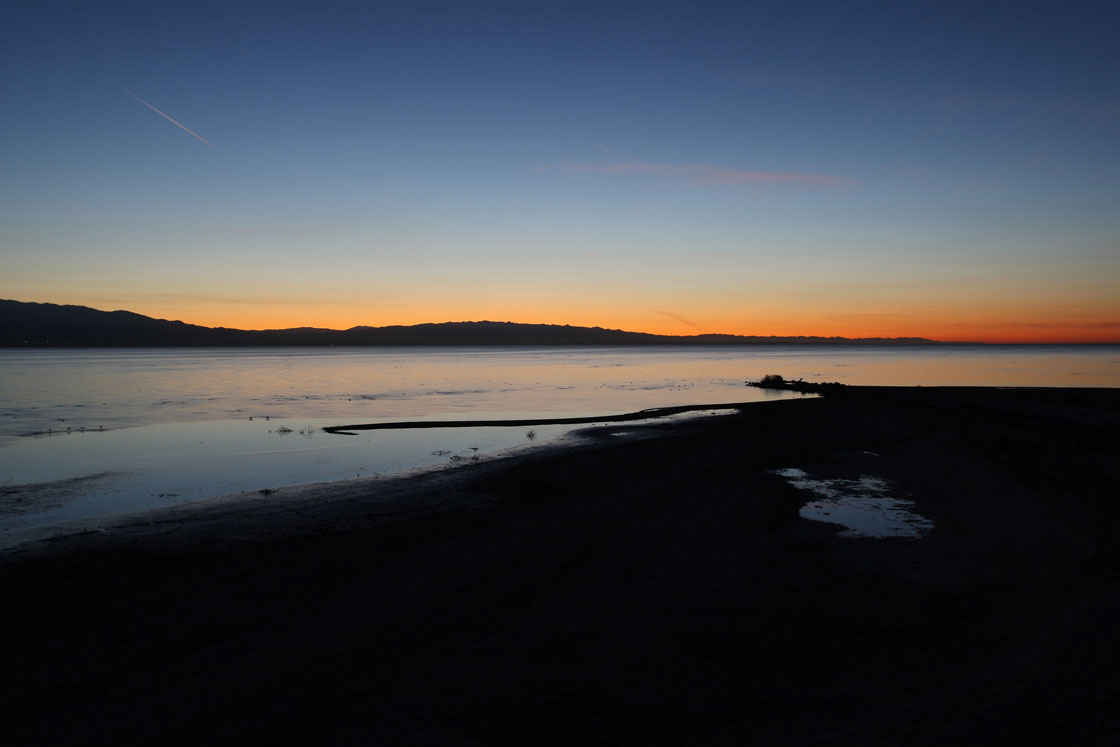TORONTO – Ontario has found common ground with the federal government and Manitoba to keep a world-famous experimental freshwater research area open, Premier Kathleen Wynne said Wednesday.

It will provide “operating support” and work toward an agreement so the research conducted in the Experimental Lakes Area near Kenora can continue, she said.
“I think it’s an important scientific endeavour and I don’t believe that either provincially, regionally, or nationally and internationally we can afford to let it go,” Wynne said.
The remote region of 58 pristine lakes in northwestern Ontario has been used since 1968 for fundamental water studies, Wynne said. It employs 17 people and collaborates with about 115 students.
Ottawa announced last year that it was closing the area March 31 to save $2 million annually.
Provincial officials say that figure represents federal spending on research projects, and the operating costs are $600,000 annually. Sources say a third of the operating costs comes back to the government in user fees.
The amount of money Ontario will spend to preserve such an “important gem” hasn’t been determined, Wynne said.
But the province is working with the Conservatives, the Manitoba government and the International Institute for Sustainable Development to keep the area operational this year and ensure longer-term operations, she said.
“My fear would be that if we don’t continue this research, we’re going to have to recreate it at some point down the line,” Wynne said.
“And so to my mind, it makes more sense to continue this endeavour.”
- Life in the forest: How Stanley Park’s longest resident survived a changing landscape
- ‘Love at first sight’: Snow leopard at Toronto Zoo pregnant for 1st time
- Buzz kill? Gen Z less interested in coffee than older Canadians, survey shows
- Carbon rebate labelling in bank deposits fuelling confusion, minister says
Ottawa has been leading negotiations for several months with the Institute to take over operations of the ELA, Fisheries and Oceans Minister Keith Ashfield said Wednesday.
“The federal government has been involved for some time with the province of Ontario as we have tried to move this file forward,” he said in the House of Commons.
“We are hopeful that an agreement can be reached, and details will be shared at a suitable time.”
The Institute says it wants to take control of the ELA, which is a good fit with its other freshwater work.
“What is special about the ELA is that it takes research out of the lab and right into the environment — so the ELA presents a rare opportunity for research, perhaps unique in the world,” president and CEO Scott Vaughan said in a statement.
The research performed in the area helps with pollution reduction strategies, understanding of climate change and how to protect lakes and rivers in Ontario, across Canada and around the world, Wynne said.
The federal New Democrats accused the Conservatives Wednesday of “washing their hands” of the ELA.
“What Canadians expect from the government is a little bit of leadership on the science file,” said New Democrat Megan Leslie.
Many researchers have also been critical of Ottawa’s decision to stop funding the ELA, saying the closure jeopardizes the long-term data that has been collected for four decades.
The ELA has had a hand in almost every water-quality issue dealing of the environment, from the effects of acid rain to climate change, said John Smol, a biology professor at Queen’s University and Canada Research Chair in Environmental Change.
“This affects all of our lives, not just people working in the field,” he said. “So it’s a fundamental interest to every Canadian and everyone living on this planet.”
Most people recognize that one of the biggest issues of the 21st century is access to clean water, said Ontario Green party Leader Mike Schreiner.
“It is shortsighted and irresponsible for us to not keep open the world’s leading freshwater research facility, especially when the province already owns the 58 lakes associated with the ELA,” he said.
Ontario New Democrat Sarah Campbell, who along with Schreiner has been calling for Wynne to save the ELA, said she wants some details about long-term funding from the government.
“It has finally seen the light,” she said in the legislature. “It has only taken a year.”
Ontario’s Progressive Conservatives were more critical, saying they’re concerned that Wynne is spending even more money at a time when Ontario is ending the year with a $10-billion deficit.



Comments